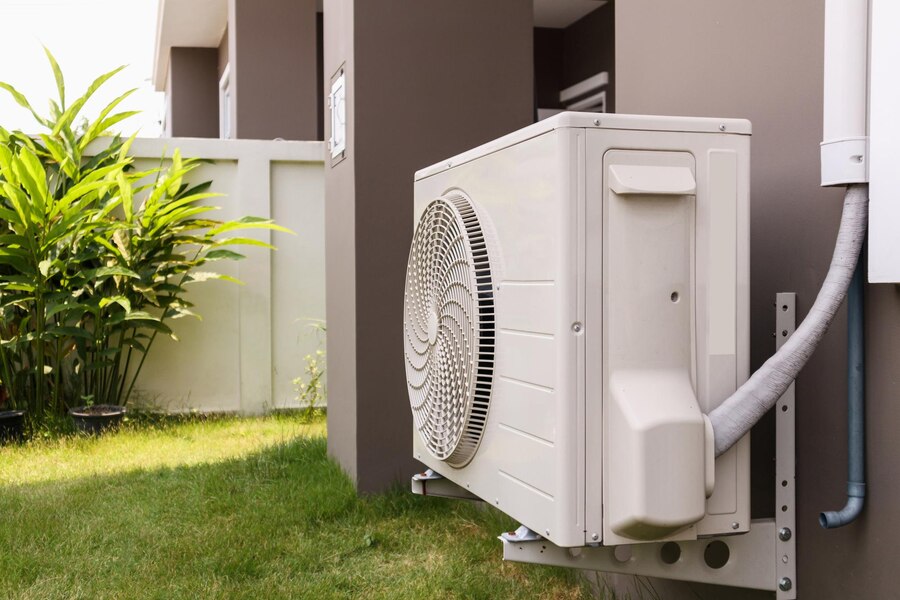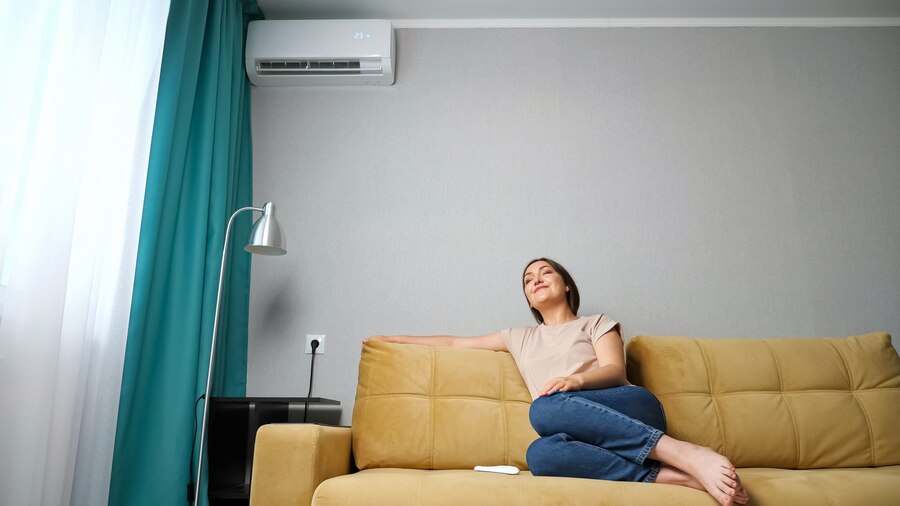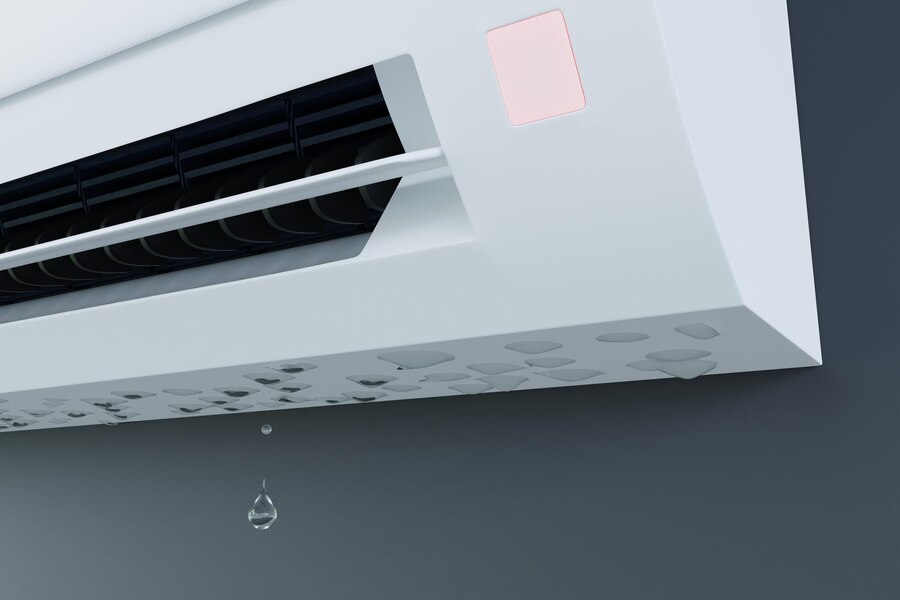


When the AC in your Haysville home starts shutting off on its own, it can be more than just uncomfortable—it’s frustrating. You turn it on, it works for a bit, then suddenly cuts off. There’s no warning, and most of the time, it happens right when you need the cool air the most. This kind of issue often sneaks up in the middle of summer when your system is working harder than usual to fight the heat. It's easy to assume your unit is shot, but the problem may come from something less severe.
Short cycling—when the AC turns on and off more quickly than it should—has multiple causes. These triggers can be minor or point to a larger issue inside your cooling system. Getting to the root of it early can help prevent major system damage and expensive repairs. Whether you’re noticing short bursts of cold air or the unit flickers out after only a few minutes, it's important to identify what's behind it before it turns into a bigger issue.
Identifying Common Causes
Before assuming the worst, it helps to look at some of the most frequent reasons your AC may keep shutting off. These kinds of problems are common for homeowners in Haysville, especially during hot summer months when systems get pushed to their limits. Below are four causes worth paying close attention to:
1. Thermostat Issues
If your thermostat isn’t working right, it can send incorrect signals to your AC. This often causes the system to turn off at the wrong time. For example, if the thermostat is located near a window that gets full sun, it might read the room temperature as higher than it actually is, switching off the AC before the rest of your home cools down.
2. Dirty Air Filters
Air filters make sure clean air flows through the system. When those filters get clogged, the airflow is restricted. This can overheat the system, making it shut itself down to avoid damage. During the summer, Haysville homes tend to collect more dust and pollen, so clogged filters are more common.
3. Refrigerant Leaks
Low refrigerant can lead to poor cooling. When your AC realizes it can’t operate efficiently, it may shut off to avoid mechanical damage. If you notice reduced cooling, hissing sounds, or moisture around your unit, this could be the issue.
4. Electrical Problems
Loose wiring or faulty sensors can confuse the AC's control board. This results in incorrect readings or abrupt shutdowns. Electrical faults are dangerous and should be handled by trained technicians to prevent more serious damage or risk to your home.
Each of these problems can cause your AC to behave unpredictably. If it seems like your system is stopping and starting more often than it should, take note of when it happens. Is it only during the hottest part of the day? Right after it starts cooling? These observations can point to which of the above issues may be happening.
Step-by-Step Troubleshooting Guide
Once you've identified some possible triggers, the next step is working through a few basic checks. While some problems will require help from our technicians, others can be observed without special tools. Use this quick breakdown to help organize your next steps:
- Check the Thermostat Settings
Make sure the mode is set to "cool" and the fan is on "auto." If the screen isn’t working or responders are delayed, the thermostat may need replacement.
- Inspect and Replace Air Filters
Open the return vent and check the filter. If it’s gray or packed with dirt, replace it with a new one that matches the right size and rating for your unit. This alone can fix some short cycling problems.
- Look for Signs of Refrigerant Issues
Pay attention to weak airflow, warm air from vents, or ice forming around the outside unit. If any of these happen, refrigerant levels might be too low or there could be a leak and that’s not something to fix on your own.
- Examine Electrical Components
Check for burnt smells or buzzing sounds coming from the outdoor unit. If the system turns on, then shuts off with a click or won’t power on at all, there could be a wiring issue or faulty control board.
Working through this checklist can help give you a clearer picture of what’s going wrong, but don’t try to repair refrigerant lines or work on electrical parts without proper training. These parts of your AC system require help from our professionals to avoid injury or more damage to the unit. Sometimes, what seems like an easy fix can actually make the problem worse if the wrong steps are taken.
When to Call Our Professionals
There are times when AC short cycling in a Haysville home points to a deeper issue that can't be resolved by changing a filter or resetting the thermostat. If you've worked through basic checks and the problem keeps coming back or never really stops, then it's time to involve our professionals.
Some signs you shouldn't ignore include:
- Strange noises when the system starts or stops
- System shutting off after just seconds of running
- Rapid cycling more than four or five times per hour
- Burning smells or tripped breakers
- Thermostat readings that don’t match how the air feels
Each of these may connect to faulty control boards, low refrigerant, or wiring issues. These problems aren't just about comfort—they can lead to permanent damage if left unchecked. Trying to fix them without the right tools or training puts you at risk of injury or making the issue worse.
Calling one of our technicians gives you an accurate explanation of what’s happening inside your unit. We test individual components, check refrigerant pressure, and inspect the electrical system. That helps protect the parts that are still working well and fix the ones that aren’t before they lead to a complete breakdown.
Ensuring Future AC Reliability
After fixing your AC’s short cycling, the next step is keeping it that way. Reliable cooling doesn’t just happen. It comes from taking care of your system before it has to work at full capacity. Routine attention helps catch wear and tear early, especially during long, hot summers in Haysville.
Here are five steps that go a long way toward preventing future issues:
1. Replace air filters every 1-2 months during summer
2. Keep vents open and unblocked to support airflow
3. Clear dust and debris from indoor and outdoor coils
4. Keep the outdoor condenser unit free of grass and clippings
5. Schedule seasonal inspections with our professionals
By taking small steps throughout the season, you lower the risk of large, expensive problems popping up when you least expect them. For example, one homeowner in Haysville thought their AC had failed after three short cycles during a heatwave. After a visit, the issue turned out to be nothing more than a blocked return vent caused by a new area rug. An extra pair of trained eyes helped them avoid a major repair.
Keeping your air conditioner in working shape all season long takes both awareness and action. The sooner warning signs are spotted and addressed by trained professionals, the more reliable your system becomes, no matter how much heat summer brings. Tackling AC shutdowns the right way helps bring lasting comfort and fewer surprises for homeowners across Haysville.
If you are looking for a long-term solution to airflow issues or recurring short cycling, many homeowners benefit from professional AC installation in Haysville to improve reliability and performance. Trust MJB Heating & Cooling to help you find the right fit for your home and cooling needs. For a quick estimate or to book a service visit, please contact us today.
Customer Testimonials
proudly serving Wichita metro
Our Service Areas include



.avif)



















